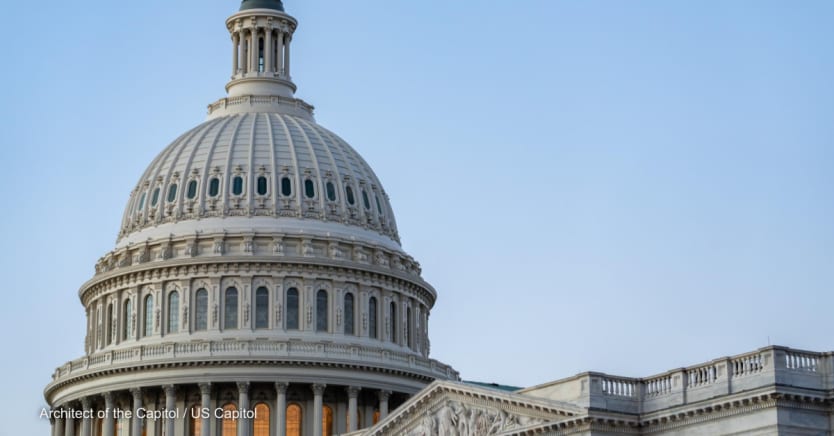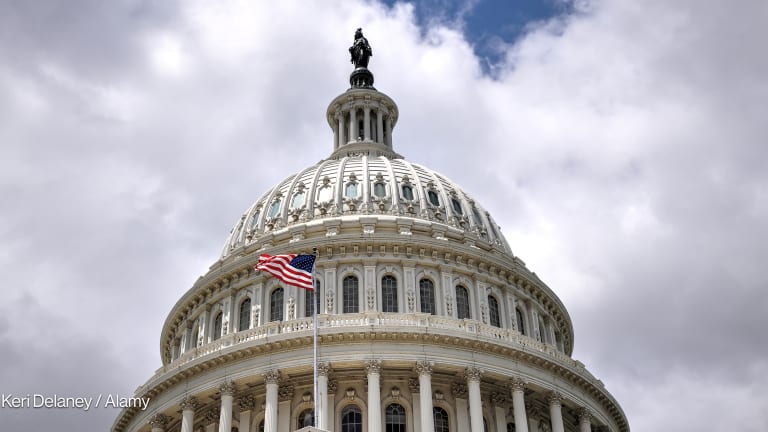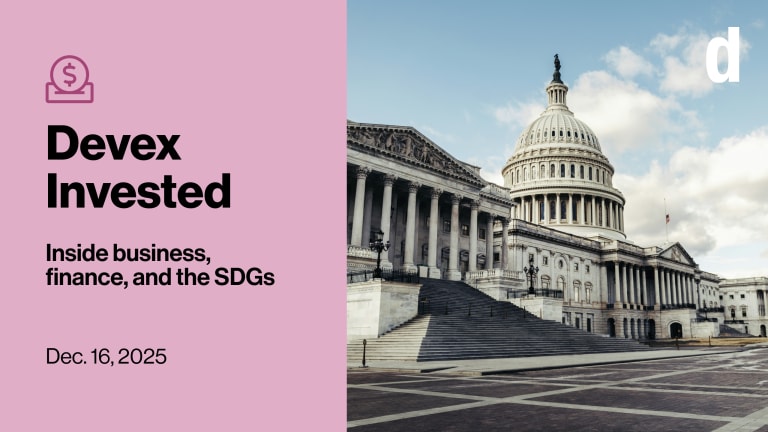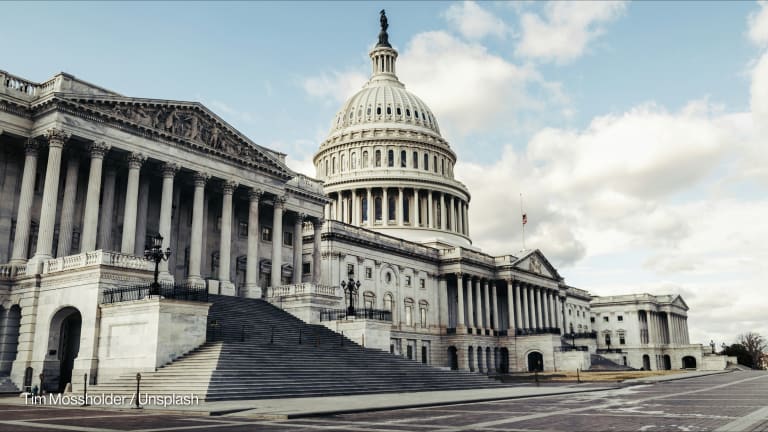
Tucked inside a nearly 3,000-page bill that U.S. legislators released Tuesday is a section about the U.S. International Development Finance Corporation that would boost the agency’s spending cap and improve its ability to make equity investments.
What’s in the bill: The bill, called the America COMPETES Act of 2022, is aimed at countering economic and national security threats from China. It includes a section aimed at increasing DFC’s ability to make equity investments by directing them to be scored for budget purposes under the Federal Credit Reform Act of 1990 using a net present value. If passed, the legislation would also increase the total amount of investments that DFC can make — or the total size of its potential portfolio — from $60 billion to $100 billion.
Another section authorizes DFC to provide financing to organizations in India and “other less developed countries” to increase vaccine manufacturing capacity. The bill also directs the agency to provide Congress with reports on where its investments would be most effective and how China is involved in vaccine production efforts.
Why it matters: While the 2018 legislation that created DFC — the Better Utilization of Investment Leading to Development Act — granted the agency equity authority, the way the government has chosen to score it requires all equity investments to be treated like grants, rather than being treated similarly to loans. The result is that the agency has been limited by what Congress appropriates in its equity investing. The proposed change would allow DFC to significantly expand its equity portfolio.
This is also the latest example of DFC being viewed as a tool to further foreign policy objectives, including countering China.
What’s next: That’s unclear. While both the Senate and House of Representatives are considering bills aimed at countering China — and some bipartisan support seems possible in theory — whether this new legislation will pass into law remains uncertain.

More reading:
► GAO report assesses US DFC domestic loan program
► What is DFC's mandate? Debate over a bill turns up many answers.








